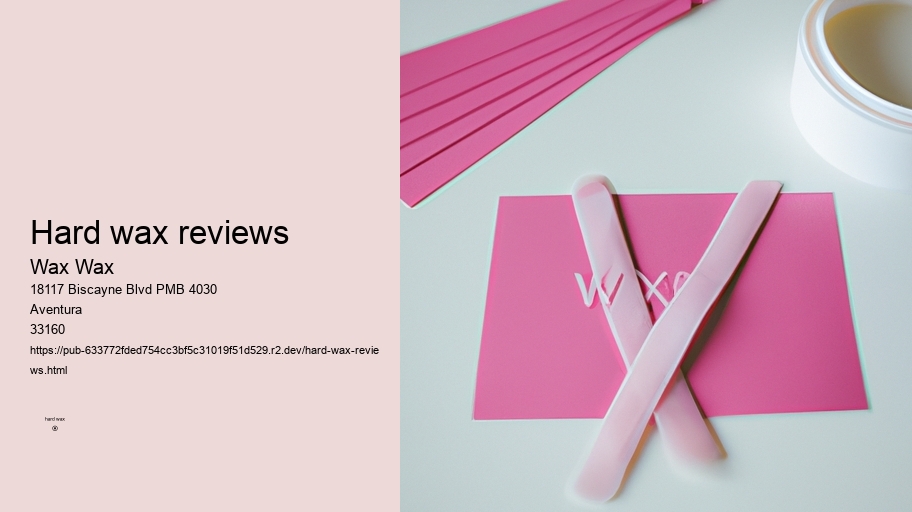

Finer Hair Growth
Before the waxing session, it is crucial to prepare your skin properly. Firstly, make sure to exfoliate the area to be waxed a day or two before the appointment. This will help remove dead skin cells and prevent ingrown hairs. Additionally, avoid applying any lotions or oils on the day of the waxing session as they can create a barrier between the wax and your hair!
Despite its benefits, waxing also has drawbacks such as ingrown hairs and minor bleeding. Additionally, individuals with certain medical conditions or taking specific medications may be at higher risk for skin irritation or complications during waxing.
Types
The modern practice of waxing has evolved over time, with different techniques and types of wax available. Strip waxing, which uses a thin layer of wax applied to the skin and removed with a cloth or paper strip, is one common method. Another method is stripless waxing, where hard or film wax is applied directly to the skin and removed without the use of strips.
While at-home waxing kits are available, it is recommended to visit a professional for your first few sessions to ensure proper technique and reduce the risk of injury.
Waxing is a form of semi-permanent hair removal that involves applying a sticky substance, such as wax, to the skin and pulling out the hair from the follicle.
1. How often should I exfoliate my skin between waxing sessions?
Choose Gentle Exfoliants: Opt for gentle exfoliants that won't irritate or damage your skin before waxing. (Ensure) that the product is suitable for sensitive skin to avoid any adverse reactions.
Myth: Waxing is extremely painful
Overall, waxing remains a popular choice for hair removal due to its effectiveness and longer-lasting results. The practice continues to be refined with new techniques and products being developed to improve the experience for those seeking smooth and hair-free skin.
1. Is waxing painful?
Historical facts about waxing
Calming Aloe Vera Gel: Aloe vera is known for its soothing properties and can help reduce redness and inflammation after waxing. (This gel is a must-have for anyone with sensitive skin!)
Waxing is a form of semi-permanent hair removal that involves applying a sticky substance, such as wax, to adhere to body hair and then removing this covering to pull out the hair from the follicle. New hair will not grow back in the waxed area for four to six weeks. Waxing can be done on various parts of the body, including eyebrows, face, legs, arms, back, abdomen, chest, and feet. There are different types of waxing methods available, such as strip waxing (soft wax) and stripless wax (hard wax and film wax). While waxing is an effective method for removing hair in large amounts at once and provides long-lasting results compared to shaving or using depilatory creams, it can also be painful and expensive. Some people may experience ingrown hairs or skin irritation after waxing.

3. How does regular waxing help to minimize skin irritation and ingrown hairs that can occur with shaving or depilatory creams?
Find sources: "Waxing" news · newspapers · books · scholar · JSTOR ( April 2017 ) ( Learn how and when to remove this message )
Another key benefit of waxing is that it can exfoliate and rejuvenate the skin by removing dead skin cells along with unwanted hair. This results in smoother and softer skin after each waxing session! Additionally, since wax adheres firmly to the hairs rather than sticking directly onto the skin like some shaving creams do, there is less risk of irritation or ingrown hairs with waxing. So overall, choosing waxing as your preferred method of hair removal can lead to not just smooth skin but also healthier and rejuvenated skin in the long run.
Avoid hot showers and excessive sweating after waxing
3. Is there anything I should avoid doing before getting waxed?
Pulling the wax strip in the wrong direction